15 Stories That Remind Us the Beauty of Everyday Kindness

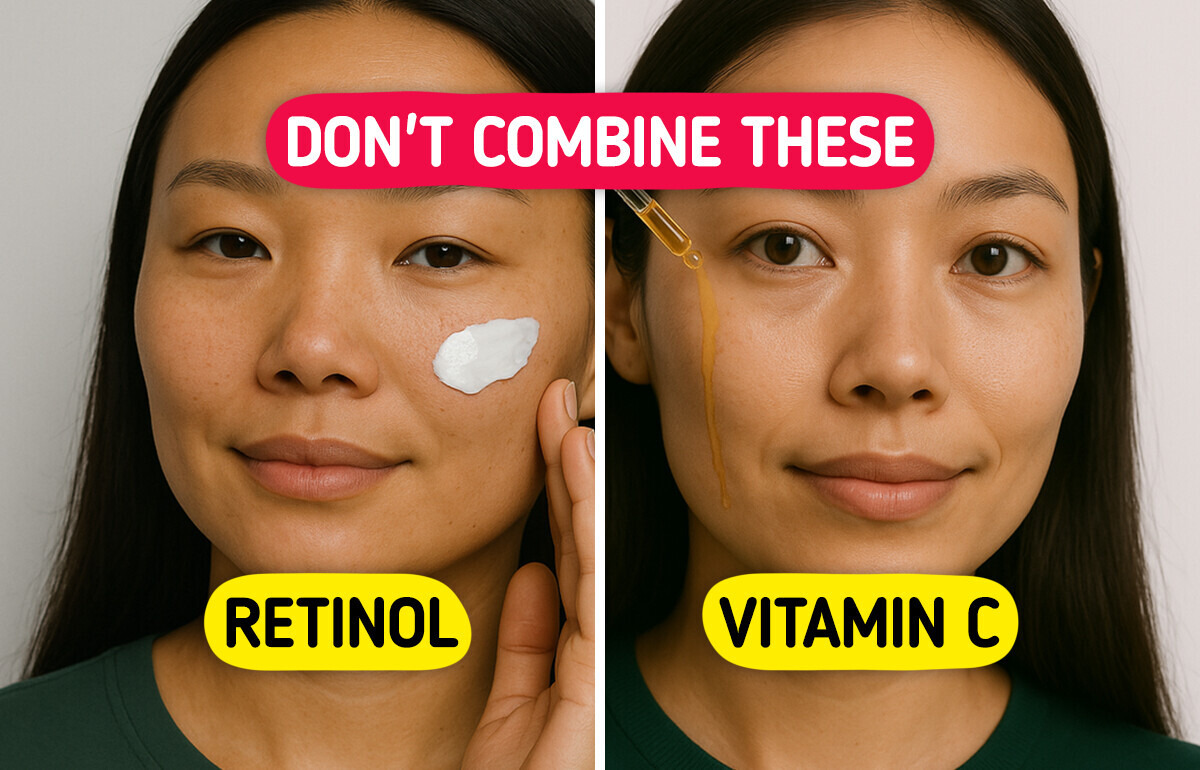
Skincare has evolved to offer us a world of options and ingredients. Learning about these ingredients can get a little complicated. What’s even more is that you also need to be cautious when combining certain products, otherwise, things can get a little too red.
This content is for informational purposes only and does not constitute medical advice. Be sure to consult your healthcare provider before making any changes to your routine, diet or lifestyle.
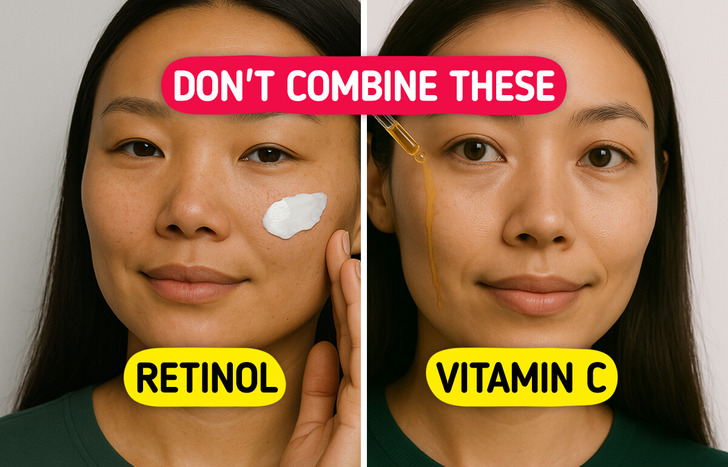
Combining your retinol and vitamin C product is a big no no in skincare. If you layer these ingredients together, it’ll likely result in unwanted irritation. Instead, you can incorporate them in your routine at separate times of the day. Vitamin C is best applied in the morning, while retinol is more effective at night.
Salicylic acid is a popular acne and anti-inflammation treatment that comes in various forms, including cleansers, serums, gels, and creams. Meanwhile, retinol products are vitamin A-enriched creams that provide anti-aging properties. It works by exfoliating your skin and unclogging your pores. Combing both, salicylic acid and retinol can ultimately dry out your skin, because they’ll strip it of its natural oils.
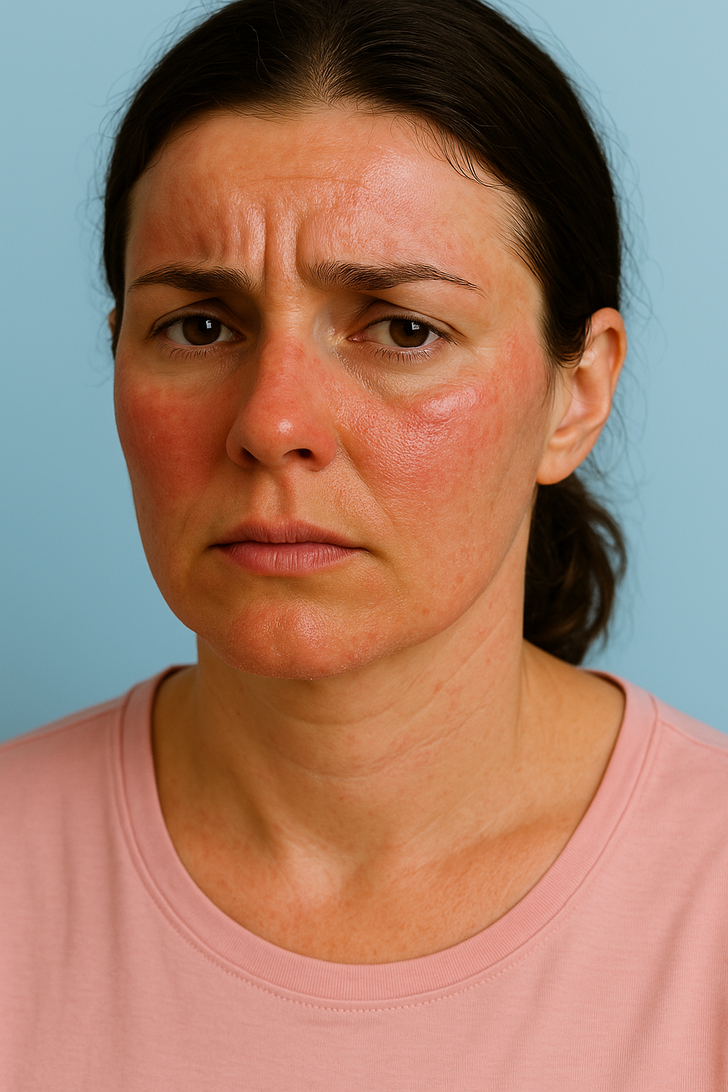
Hydroxy acids come in two different categories you’ve likely seen in your skincare products, AHAs and BHAs. In this case, AHAs are the ingredient you shouldn’t combine with vitamin C. They’re both highly acidic, which when combined, can irritate your skin. That’s why you’ll want to incorporate them into your routine on alternating days.
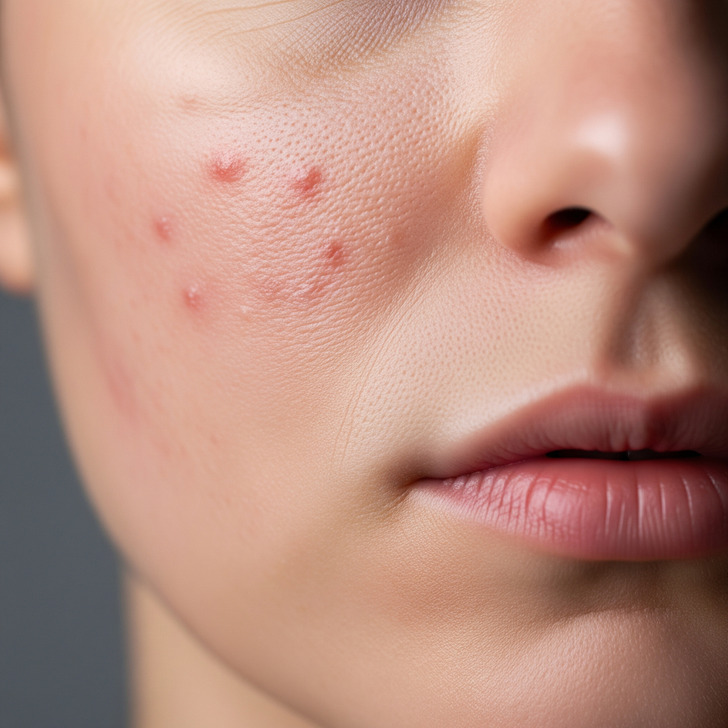
Benzoyl peroxide and retinol are both excellent acne-fighters. Nonetheless, retinols are antioxidant while benzoyl peroxide is an oxidizing agent, which means, when combined, can cancel their effects out. Plus, as potent ingredients, combining both can also cause irritation.
Combining your retinol and AHA exfoliant may not be a good idea, particularly for those with sensitive skin. While both ingredients can be used in your routine, you don’t want to use them at the same time, because it can dry out your skin. Otherwise, using both at different times can help with hyperpigmentation caused by acne.
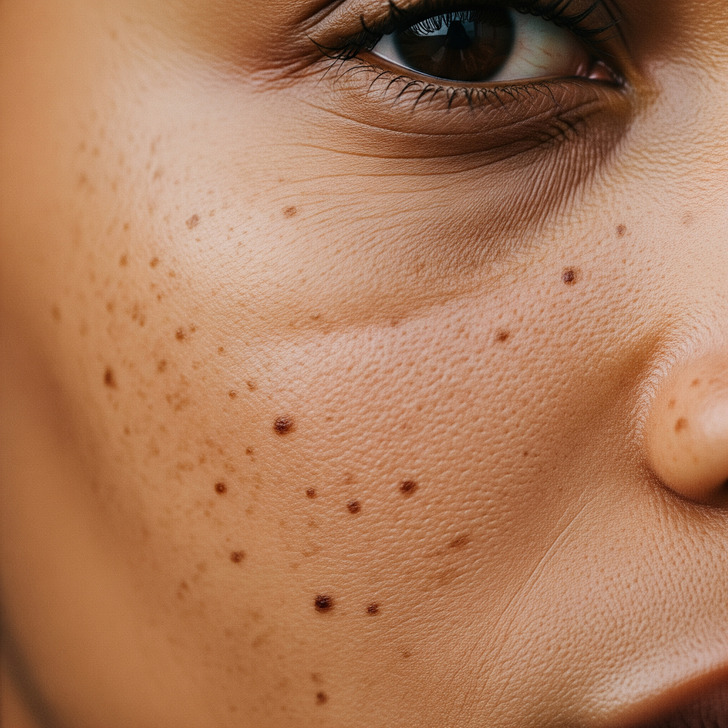
While combining oil-based and water-based products won’t do much damage to your skin, it would be a waste. These products won’t mesh well together and your skin won’t properly reap their benefits as well. In some cases, it can even result in patchiness. Generally, water-based ingredients should be layered first, so oil-based ingredients can create a locking seal after.
Understanding all these no-no combinations can make all the difference in your skincare routine. Whether you’re trying to reduce fine lines or acne, the right combination of ingredients is critical. That said, here are some myths in the skincare community that you might not know about.











